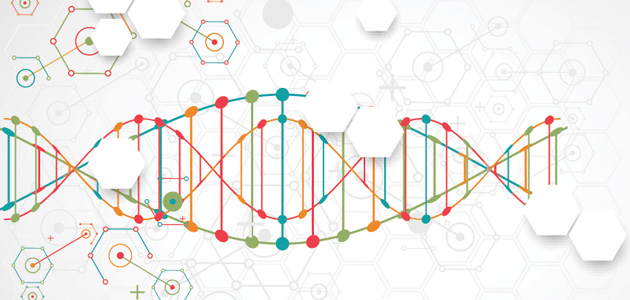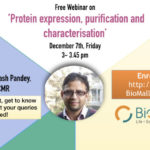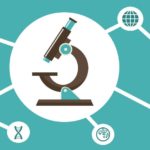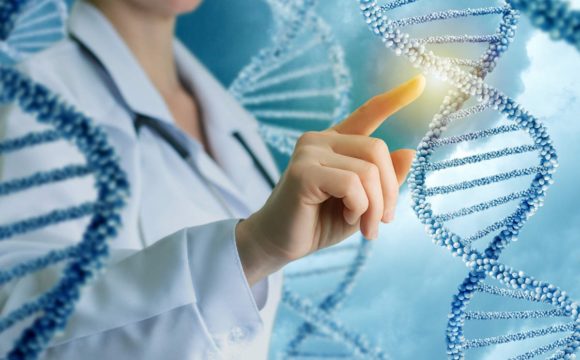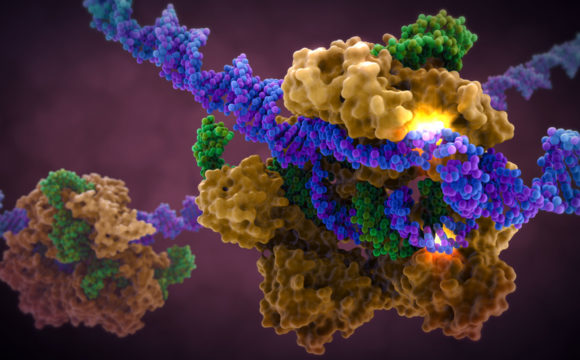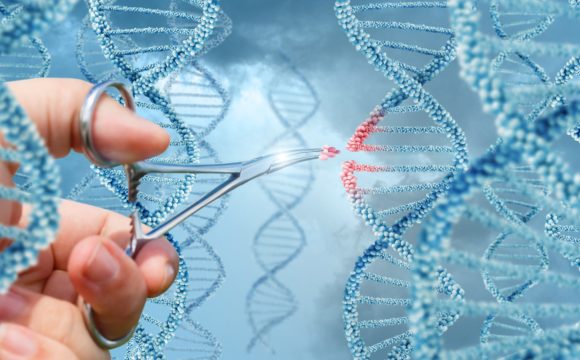The scientific basis for personalized nutrition comes from, nutrigenomics, a major field of genomics that looks at the interactions between genes, food, metabolism, and health. Genomics had already taken us closer to healthcare systems intended to prevent diseases based on individual propensities, rather than anticipating disease symptoms. But Nutrigenomics (studies of diet-gene interactions) is the latest trend in nutrition and paves way for personalized nutrition. Another connected yet exactly opposite branch i.e. Nutrigenetics encompasses the studies for understanding how genes decide the body’s response to a particular food.
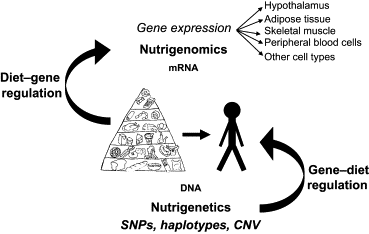
The interconnection between nutrigenomics and nutrigenetics
While in its infancy, personalized nutrition is still a rapidly evolving field. The trend for personalized nutrition is a blend of artificial intelligence, DNA testing and the modern obsession with ‘Instagramming’ food. Nutrigenomics aims to recommend a diet rich in foods that contain a particular nutrient which acts by ‘switching on/off’ a gene that contributes to the development of specific chronic diseases, such as high blood pressure, obesity, Alzheimer’s disease. People are already being fascinated by the multitude online nutrigenetics services offered by commercial nutritional and healthcare agencies like DNAfit, Vitagene, Nutritional Genomix, and NutriFit etc. These commercial agencies provide a simple and affordable DNA test from saliva or from blood and claim that it looks for gene variants (Single nucleotide polymorphism, SNPs) to see if a person has lactose intolerance, sensitivity to alcohol, coffee, carbohydrate or saturated fat, an increased need for omega-3, B vitamins, antioxidants, vitamin D or cruciferous veg, and the risk of coeliac disease. Using this information, it provides the dietary recommendation. Some of the web-based nutrigenomics companies also offer lifestyle services rather than medical advice, which is a subtly tweaked version of standard nutritional guidelines.
According to John Mathers from Newcastle University, the principal investigator of the world’s largest trial in nutrigenomics, research project Food4Me (2011-2015); ‘Personalised approach in nutrition is the key to success regardless of DNA information’. However, including the DNA tests in nutritional practice is still an emerging arena and requires extensive detailed studies. There is a plethora of literature linking individual variations in the DNA to differences in individual processes and metabolism of food, yet there are lacunae in basic understanding about the genetics of various diseases and how a diet interacts with our genome.
It’s unlikely that the SNPs that DNAFit or any other company is looking at, are the only SNPs. The scientific knowledge is still fragmented and incomplete. Studies have found at least 140 locations in the human genome involved in controlling fat and body weight. Still, there is a huge gap between our understanding about the relationship between our eating patterns and our genes (and vice versa) and the interplay with our behaviors and environment. A meta-analysis study in 2015 has found that many of these companies are based on minimal and conflicting information. And, they “cannot be presently recommended”, which aligns with the Academy of Nutrition and Dietetics position on direct-to-consumer nutritional genomics tests.
The genomics of diseases is complex and we cannot solve a problem by flipping just one switch. There are many factors predisposing an individual to risk of these complex diseases. So, a personalized diet or DNA-tailored diet may provide some information, but certainly not the whole picture. It may or may not be helpful in the end. There are so many gaps needed to address between the potential and reality of personalized nutrition. Nutrition genomics is an indisputably fascinating area — but it’s not yet ready to be applied in our daily lives. So, let us not forget about the basis of healthy life i.e Eating a diet that’s rich in fruits and vegetables, avoid junk food, don’t smoke, exercise regularly, and don’t consume too many calories.
As the Academy of Nutrition and Dietetics, the world’s largest organization of nutrition professionals affirms “the use of nutrigenomics testing to provide dietary advice is not ready for routine dietetics practice”.
References:
1] https://www.eufic.org/en/collaboration/article/personalised-nutrition-food4me-project
2] Camp KM, Trujillo E. Position of the Academy of Nutrition and Dietetics: nutritional genomics. J Acad Nutr Diet. 2014;114(2):299-312. doi:10.1016/j.j and.2013.12.001.
3] https://cordis.europa.eu/project/rcn/98657_en.html
4] National Academies of Sciences, Engineering, and Medicine; Health and Medicine Division; Food and Nutrition Board; Food Forum. Nutrigenomics and the Future of Nutrition: Proceedings of a Workshop in Brief. Washington (DC): National Academies Press (US); 2018. https://www.ncbi.nlm.nih.gov/books/NBK487853/doi: 10.17226/25049
5] Image source: https://www.sciencedirect.com/science/article/pii/B9780123983978000137



